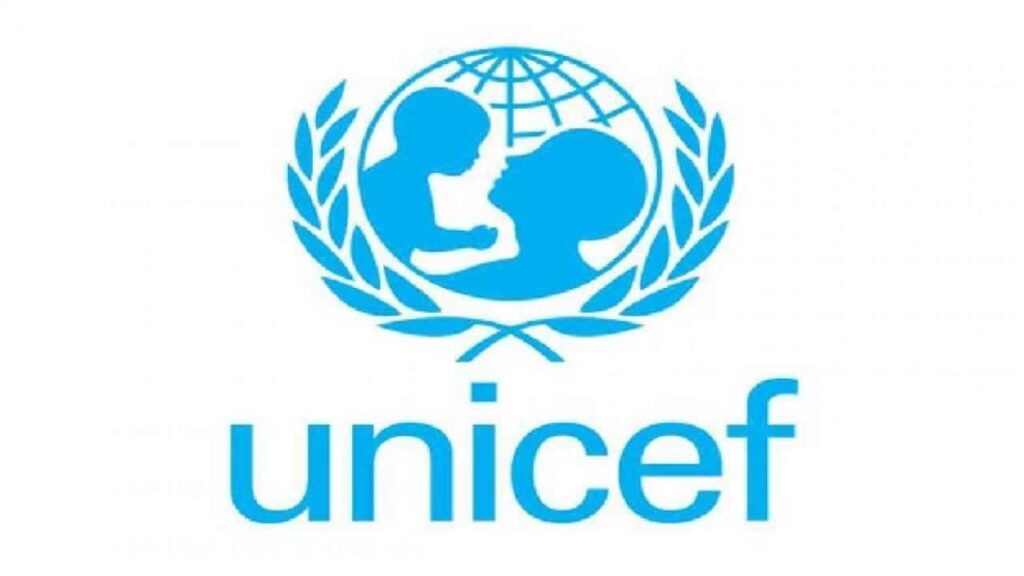
The United Nations Children’s Fund (UNICEF) has raised alarm over the high prevalence of Female Genital Mutilation (FGM) in Imo and Ebonyi states, identifying them as the worst-affected in Nigeria’s South-East region.
According to UNICEF, 38% of women aged 15-49 in Imo State have undergone FGM, while 9.7% of girls aged 0-14 have also been subjected to the practice. Ebonyi follows closely, recording a 20.4% prevalence rate among women in the same age bracket.
UNICEF’s Chief of Field Office in Enugu, Mrs. Juliet Chiluwe, disclosed these figures on Wednesday during a zonal media dialogue to mark the 2025 International Day of Zero Tolerance for Female Genital Mutilation. Themed “Stepping Up the Pace: Strengthening Alliances and Building Movements to End FGM,” the event highlighted the ongoing battle to eradicate the harmful practice.
Other South-East states also recorded significant FGM prevalence rates among women aged 15-49, with Abia at 20.3%, Enugu at 19%, and Anambra at 13.1%. Among girls aged 0-14, Enugu reported a 3.7% prevalence rate, followed by Abia (3.0%), Anambra (2.1%), and Ebonyi (0.2%).
Chiluwe acknowledged a decline in FGM cases compared to previous Multiple Indicator Cluster Surveys (MICS) and Nigeria Demographic and Health Surveys (NDHS), but she stressed that urgent action is still required to protect vulnerable women and girls.
“FGM is a violation of fundamental human rights, including the right to health, life, and freedom from torture,” Chiluwe stated. “It leads to severe physical, psychological, and social consequences, affecting victims from childhood to old age.”
Describing FGM as a form of gender-based violence, she condemned the practice as a tool for controlling female sexuality and reinforcing harmful cultural norms.
“We have strong policies and legal frameworks, including the Child Rights Act and the Violence Against Persons Prohibition Act, to protect women and girls in the South-East,” Chiluwe added.
She further noted that progress has been made, citing public declarations renouncing FGM, improved support services for survivors, and growing community awareness. However, UNICEF and its partners continue to push for stronger grassroots collaborations to accelerate the fight against the practice.
With renewed calls for governments, activists, and the private sector to step up their efforts, the battle against FGM remains a crucial fight for the rights, dignity, and well-being of Nigerian women and girls.




















Comments